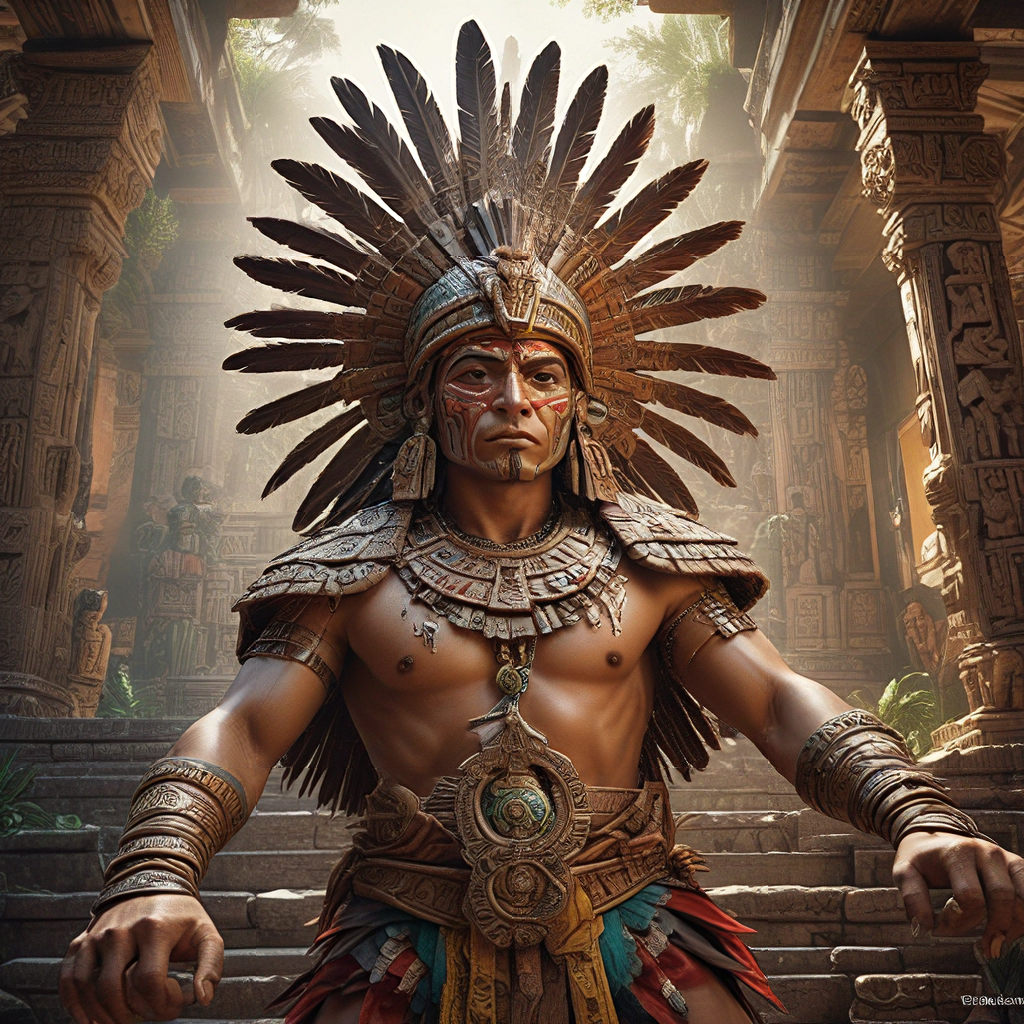The Sword of Justice: Legends of Honor and Valor
Introduction: The Symbolism of the Sword
The sword has long been revered as a universal symbol of justice, honor, and valor. Its sharp blade represents the cutting of injustice and the protection of the oppressed. Across various cultures, swords are imbued with meanings that extend beyond mere weaponry; they embody ideals that resonate deeply with the human condition.
From the knights of medieval Europe to the samurai of Japan, the sword has transcended its role as a tool of war, becoming a powerful emblem of moral integrity and courageous action. This article explores the multifaceted symbolism of the sword, tracing its significance through history, mythology, literature, and modern interpretations.
Historical Context: The Sword as a Weapon of Justice
Throughout history, swords have been wielded not only as instruments of war but also as tools of justice. In many societies, swords were emblematic of authority and the rule of law. They were often used in ceremonial contexts to signify the power of the state to enact justice.
- Legal Contexts: In ancient Rome, for instance, the sword was a symbol of the magistrate’s power to administer justice.
- Military Contexts: Throughout the Middle Ages, commanders led their troops into battle, often invoking the cause of justice as a rallying cry.
Notable figures who wielded swords in the name of justice include:
- Charlemagne: The King of the Franks who united much of Western Europe, often portrayed as a champion of justice.
- Richard the Lionheart: Known for his bravery and sense of honor during the Crusades.
Mythological Swords: Legends and Lore
In the realm of mythology, swords often take on legendary status, becoming symbols of heroism and moral righteousness. Famous swords such as Excalibur and Durandal have transcended their physical existence to embody the values of honor and valor.
Excalibur, the famed sword of King Arthur, represents rightful sovereignty and the divine right to rule, while Durandal, wielded by the paladin Roland, symbolizes an unyielding commitment to justice and duty.
These mythological swords have influenced cultural narratives, shaping the ideals that societies aspire to uphold. They serve as reminders of the noble pursuit of justice in the face of adversity.
Knights and Chivalry: The Code of Honor
The concept of chivalry is deeply intertwined with the symbolism of the sword. The Knights Templar and other knightly orders adhered to a strict code of conduct that emphasized honor, bravery, and the protection of the weak.
The sword was not merely a weapon; it was a representation of the knight’s commitment to uphold justice and defend the innocent. Key components of the chivalric code included:
- Bravery in battle
- Protection of the helpless
- Loyalty to one’s lord and comrades
Knights were often celebrated in literature and songs, with their swords symbolizing their noble intentions and valorous deeds.
Warriors of Justice: Legendary Figures
Throughout history, certain legendary figures have emerged as embodiments of justice, wielding their swords in the pursuit of honor and righteousness. Two prominent examples include:
- King Arthur: The legendary British leader who, alongside his Knights of the Round Table, fought for justice and equality among his people.
- Joan of Arc: The French heroine who led her troops against oppression, guided by visions and a deep sense of justice, ultimately paying the ultimate price for her valor.
These figures illustrate how the sword can become a beacon of hope and a catalyst for change, inspiring others to pursue justice through their own actions.
The Sword in Literature and Art
Swords have played a significant role in literature and art, often representing the ideals of justice and honor. Epic poems, novels, and paintings frequently depict swords as symbols of heroic deeds and moral struggles.
Notable literary examples include:
- The Iliad: Featuring the hero Achilles and his fateful sword.
- Don Quixote: Where the protagonist’s quest for justice is closely associated with his noble intentions and his sword.
Artists have likewise captured the essence of swords in their works, illustrating them as symbols of valor in various cultures, from medieval tapestries to modern graphic novels.
Modern Interpretations: Swords in Contemporary Society
In contemporary society, the symbolism of the sword has evolved but remains relevant. In modern media, swords are frequently featured in films, video games, and literature, often representing the struggle for justice and the triumph of good over evil.
Contemporary heroes, such as those depicted in films like The Lord of the Rings or Star Wars, embody the values of honor and justice through their wielding of swords and other weapons.
This evolution showcases how the ideals associated with swords continue to inspire new generations to uphold principles of justice and moral courage.
The Sword as a Metaphor: Justice in Action
The sword has also become a powerful metaphor in discussions of justice. Phrases like “the sword of justice” encapsulate the idea that justice can be swift and decisive, much like the strike of a blade.
Furthermore, the metaphorical use of swords has found its place in social justice movements, where activists wield their voices and actions as a “sword” against inequality and oppression, echoing the historical significance of the sword as a tool for justice.
The Ethics of Valor: When Justice Meets Conflict
The pursuit of justice is often fraught with moral dilemmas. Those who fight for justice must navigate complex ethical landscapes, balancing the ideals of valor with the realities of conflict.
Historical and modern case studies highlight these dilemmas:
- Martin Luther King Jr.: Advocated for justice through non-violent means, challenging the ethical implications of resistance.
- Malala Yousafzai: Fought for girls’ education, facing life-threatening consequences for her valor.
These figures exemplify the challenges faced by those who stand for justice, illustrating that valor often requires personal sacrifice and moral conviction.
Conclusion: The Enduring Legacy of the Sword of Justice
The sword, as a symbol of justice, honor, and valor, has left an indelible mark on human history and culture. Its enduring legacy serves as a reminder of the ideals we aspire to uphold in our pursuit of justice.
As we reflect on the legends surrounding the sword, we find inspiration in the stories of those who have wielded it in the name of righteousness. They remind us that the fight for justice continues, and the values of honor and valor remain as relevant today as they were in the past.




